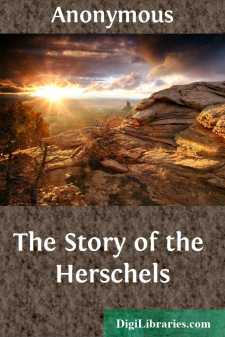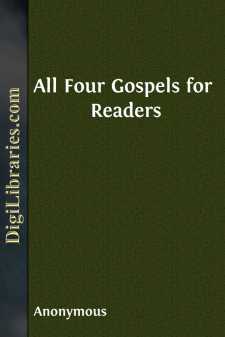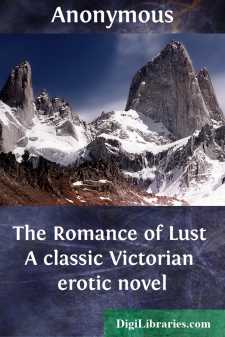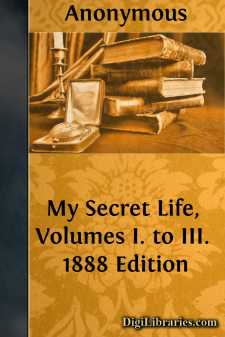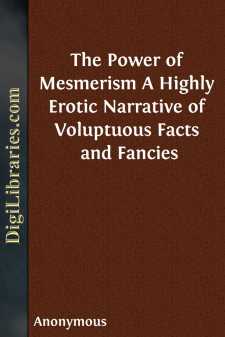Categories
- Antiques & Collectibles 13
- Architecture 36
- Art 48
- Bibles 22
- Biography & Autobiography 813
- Body, Mind & Spirit 142
- Business & Economics 28
- Children's Books 17
- Children's Fiction 14
- Computers 4
- Cooking 94
- Crafts & Hobbies 4
- Drama 346
- Education 46
- Family & Relationships 57
- Fiction 11829
- Games 19
- Gardening 17
- Health & Fitness 34
- History 1377
- House & Home 1
- Humor 147
- Juvenile Fiction 1873
- Juvenile Nonfiction 202
- Language Arts & Disciplines 88
- Law 16
- Literary Collections 686
- Literary Criticism 179
- Mathematics 13
- Medical 41
- Music 40
- Nature 179
- Non-Classifiable 1768
- Performing Arts 7
- Periodicals 1453
- Philosophy 64
- Photography 2
- Poetry 896
- Political Science 203
- Psychology 42
- Reference 154
- Religion 513
- Science 126
- Self-Help 84
- Social Science 81
- Sports & Recreation 34
- Study Aids 3
- Technology & Engineering 59
- Transportation 23
- Travel 463
- True Crime 29
The Story of the Herschels
by: Anonymous
Description:
Excerpt
CHAPTER I.
f all the sciences, none would seem to yield a purer intellectual gratification than that of Astronomy. Man cannot but feel a sense of pleasure, and even of power, when, through the instruments constructed by his ingenuity, he finds himself brought within reach, as it were, of the innumerable orbs that roll through the domains of space. He cannot but feel a sense of pleasure, and even of power, when the telescope reveals to his gaze not only the worlds that constitute his own so-called Solar System, but the suns that light up the borders of the Universe, system upon system, sun upon sun, covering the unbounded area almost as thickly as the daisies cover a meadow in spring. He cannot but feel a sense of pleasure, and even, of power, when he tracks the course of the flashing comet, examines into the physical characteristics of the Sun and Moon, and records the various phases of the distant planets. But if such be his feeling, it is certainly tempered with awe and wonder as he contemplates the phenomena of the heavens,—the beauty of the stars, the immensity of their orbits, the regularity with which each bright world performs its appointed course, the simplicity of the laws which govern its motions, and the mystery which attends its far-off existence. It has been, said that "an undevout astronomer is mad;" and if Astronomy, of all the sciences, be the one most calculated to gratify the intellect, surely it is the one which should most vividly awaken the religious sentiment. Is it possible to look upon all those worlds within worlds, all those endless groups of mighty suns, all those strange and marvellous combinations of coloured stars, all those remote nebulous clusters,—to look upon them in their perfect order and government,—to consider their infinite number and astonishing dimensions,—without acknowledging the fulness of the power of an everlasting God, who created them, set them in their appointed places, and still controls them? Is it possible to be an astronomer and an atheist? Is it possible not to see in their relations to one another and to our own little planet an Almighty Wisdom as well as an Almighty Love? Could any "fortuitous concourse of atoms" have strewed the depths of space with those mighty and beautiful orbs, and defined for each the exact limits of its movements? Alas! to human folly and human vanity everything is possible; and men may watch the stars in their courses, and delight in the beauty of Sun and Moon, and perceive all the wonders of the sunrise and all the glories of the sunset, without any recognition in their hearts of Him who made them—of Him in whom we and they alike live and move and have our being! Yet it is not the less true that only the devout and thankful heart can adequately and thoroughly sympathize with the love and wisdom and power which are written in such legible characters on the face of heaven. Astronomy gives up all its treasures only to him who enters upon its study in a reverent spirit....


